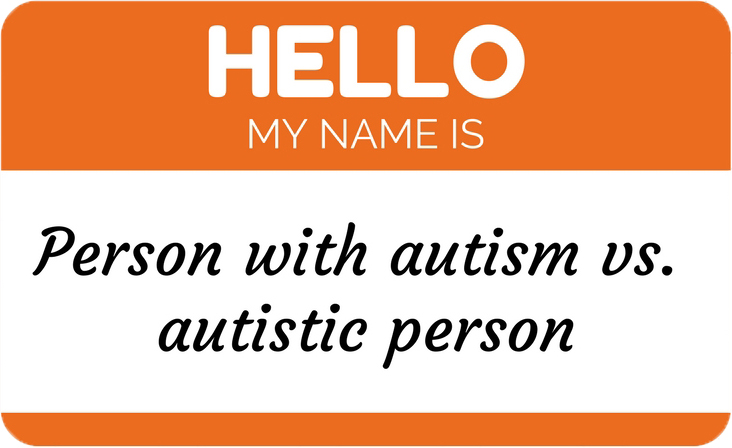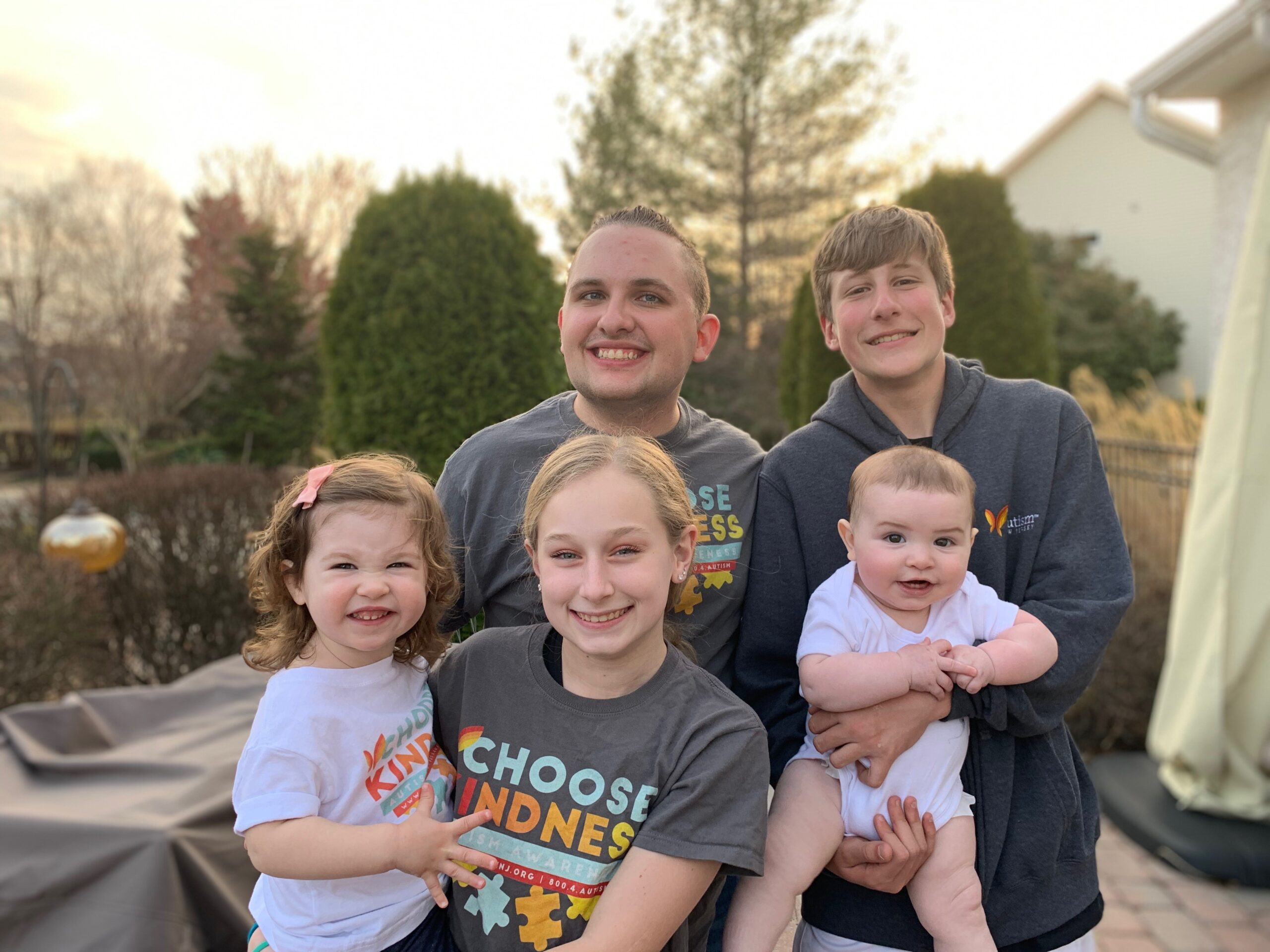Be Kind in Everyday Life
Acceptance Resources


Language – Person with autism vs. autistic person

Making Autism Acceptance a Priority in the Workplace

Helping Families Connect with Law Enforcement



Being kind is about recognizing the uniqueness of each individual, embracing that uniqueness, and lifting one another up. This is at the heart of what we aim to do at Autism New Jersey and our hope for all residents of our great state. Being kind is about the gestures — no matter how big or small. Sometimes it really is as simple as just giving someone a reassuring smile. And sometimes we can witness great acts of kindness such as standing up for someone who is misunderstood, offering support to a family in crisis, or working to create inclusive spaces where everyone feels seen and valued.
For people with autism, you can be kind in many ways. Individuals with autism often have specific sensory preferences/needs and you can either ask them what those preferences might be or look to see how they respond to things like sounds and noise. When feasible, modify the environment to make it more comfortable for the individual. Another example of how you can show kindness comes from recognizing that some individuals with autism may not be able to express themselves using vocal speech. In cases like this, it’s important to show patience with them as they use augmentative and alternative communication (AAC) devices, like iPads with specialized apps. Also be mindful that, whenever possible, you should talk directly to the person with autism rather than talking only to/through their caregiver.
The thing about kindness is that it is contagious — seeing people perform acts of kindness often inspires others to do the same. So, take some time out of your day, today or sometime soon, to be kind to others. And know that especially for individuals with disabilities such as autism and their families, kindness matters.





A general power of attorney allows a person to act on behalf of the principal in any and all matters, as allowed by the state. The agent under a General Power of Attorney agreement may be authorized to take care of issues such as handling bank accounts, signing checks, selling property and assets like stocks, filing taxes, etc. This type of POA goes into effect immediately and ends upon the incapacitation of or death of the principal. It is only valid while the principal is competent or, in other words, while the principal is able to make decisions for him or herself and understand the consequences of those decisions. This is because the principal needs to be aware enough to agree to have control released on their behalf.
